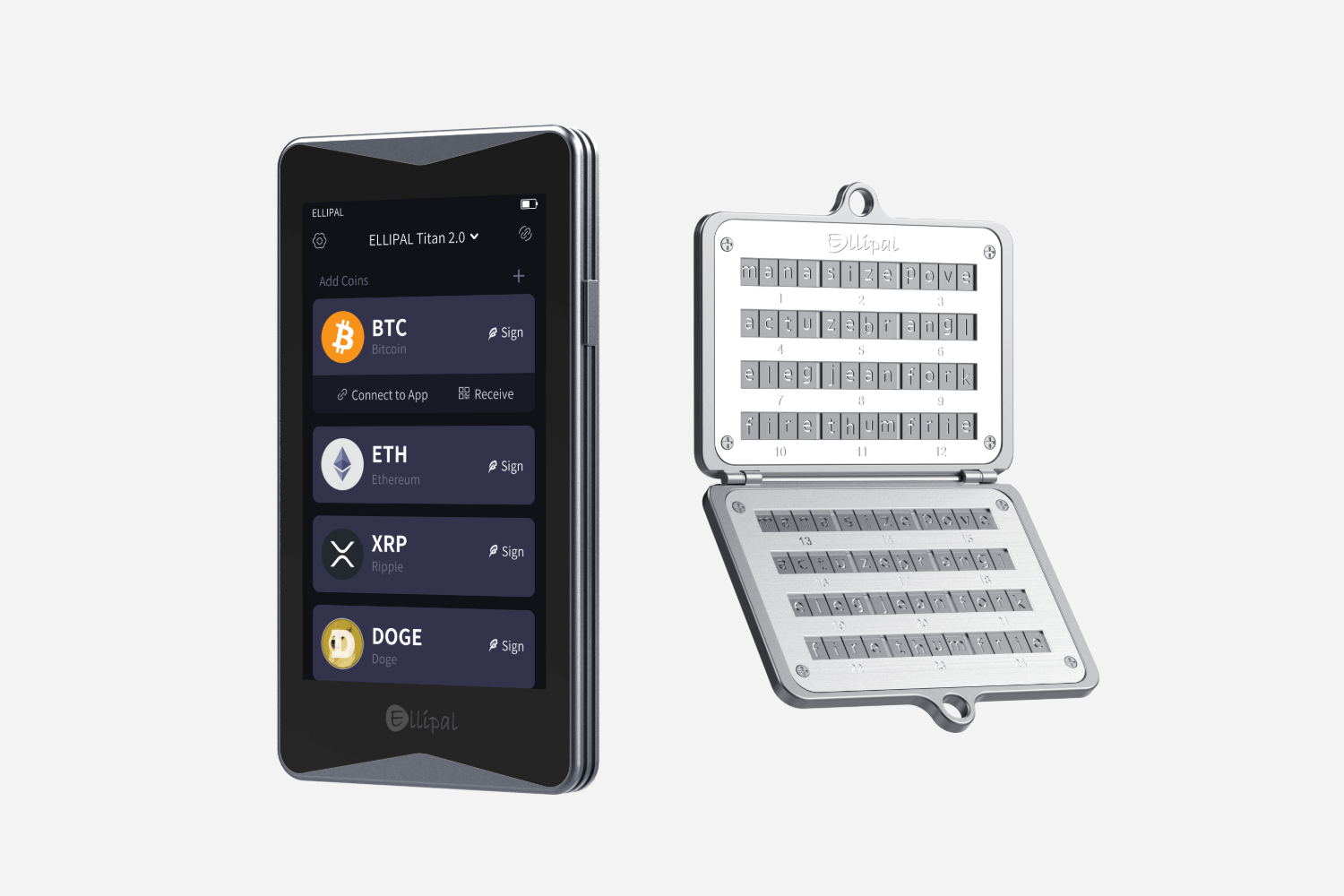Unlocking the Secrets of Cold Wallets: The Ultimate Guide to Safeguarding Your Crypto!
In the ever-evolving landscape of cryptocurrency, securing your digital assets has never been more crucial. As more individuals and institutions invest in cryptocurrencies, the need for robust storage solutions has surged. Cold wallets have emerged as a vital component in the cryptocurrency ecosystem, offering unmatched security for your precious digital coins. Unlike their counterparts, hot wallets, which are constantly connected to the internet, cold wallets provide a layer of protection by keeping your private keys offline. This article will delve into the mechanics of cold wallets, their advantages, and potential drawbacks, helping you make informed decisions about your crypto storage options.

Understanding Cold Wallets
Cold wallets are storage devices that keep your cryptocurrency offline, away from potential online threats. They are designed to store your private keys securely, ensuring that only you have access to your digital assets. The technology behind cold wallets uses a variety of methods to safeguard your keys, making them extremely difficult for hackers to access. In contrast to hot wallets, which are always connected to the internet and more susceptible to cyberattacks, cold wallets offer a fortress-like environment for your cryptocurrencies.
There are several types of cold wallets available, each with its unique features. Hardware wallets are physical devices that resemble USB sticks and are among the most popular options. They provide a secure way to store private keys offline while allowing users to interact with their cryptocurrencies when needed. Another type is the paper wallet, which involves printing your public and private keys on a piece of paper, making it entirely offline. Each type has its strengths and weaknesses, but they all share a common goal: to protect your assets from unauthorized access.
How Cold Wallets Work
The mechanics of cold wallets revolve around the secure offline storage of private keys. When you create a wallet, a pair of cryptographic keys is generated: a public key, which is visible to others and used to receive funds, and a private key, which must be kept secret and is used to sign transactions. Cold wallets store this private key offline, meaning it is not exposed to the internet and, therefore, less vulnerable to hacking attempts.
To transfer cryptocurrency to and from a cold wallet, you typically connect the hardware wallet to a computer or mobile device that has an internet connection. Once connected, you can initiate a transaction, and the wallet will sign it using the private key stored securely within it. After the transaction is signed, the wallet disconnects from the internet, reducing the risk of exposure. Additionally, many cold wallets implement security protocols such as PIN codes, passphrases, and biometric authentication to further enhance their security, making them a reliable choice for long-term storage.
Advantages of Cold Wallets
Cold wallets offer numerous advantages, making them a preferred choice for serious cryptocurrency investors. One of the primary benefits is enhanced security. Since cold wallets are not connected to the internet, they are less susceptible to online attacks, such as phishing scams and hacking attempts. This level of protection is especially valuable for individuals holding significant amounts of cryptocurrency.
Another advantage of cold wallets is that they provide complete control over your private keys. Unlike exchanges or hot wallets, where you rely on third-party services to secure your assets, cold wallets allow you to be the sole custodian of your cryptocurrencies. This self-custody is empowering, giving you peace of mind knowing that you are the only one who can access your funds. For instance, a friend of mine who invested heavily in cryptocurrencies opted for a hardware wallet after experiencing an exchange hack that left many users with significant losses. By using a cold wallet, he felt more secure knowing that his investments were safe from similar risks.
Disadvantages of Cold Wallets
Despite their many benefits, cold wallets also come with potential drawbacks that users should consider. One significant disadvantage is accessibility. Since cold wallets require a physical device or printed paper, accessing your funds can be less convenient compared to hot wallets. For instance, if you need to make an urgent transaction, having to connect your hardware wallet or locate a paper wallet can create delays, which may not be ideal in fast-moving market conditions.
Additionally, cold wallets carry the risk of physical loss or damage. If you lose your hardware wallet or it gets damaged, you may lose access to your cryptocurrencies unless you have a backup of your recovery phrase. For beginners, the complexity of using cold wallets can also be daunting. The setup process may require technical knowledge that not everyone possesses, leading to potential mistakes that could jeopardize their investments. Thus, while cold wallets provide excellent security, users must weigh these challenges against their needs and technical proficiency.
Evaluating the Role of Cold Wallets in Cryptocurrency Security
Cold wallets play a crucial role in safeguarding cryptocurrency investments, offering unparalleled security and control over your assets. By understanding how cold wallets function, their advantages, and the potential drawbacks, you can make informed decisions about your crypto storage strategy. As the cryptocurrency landscape continues to evolve, evaluating your specific needs and considering the incorporation of cold wallets into your investment strategy could be a wise move. In a world filled with digital threats, ensuring the safety of your hard-earned assets should always be a priority.








